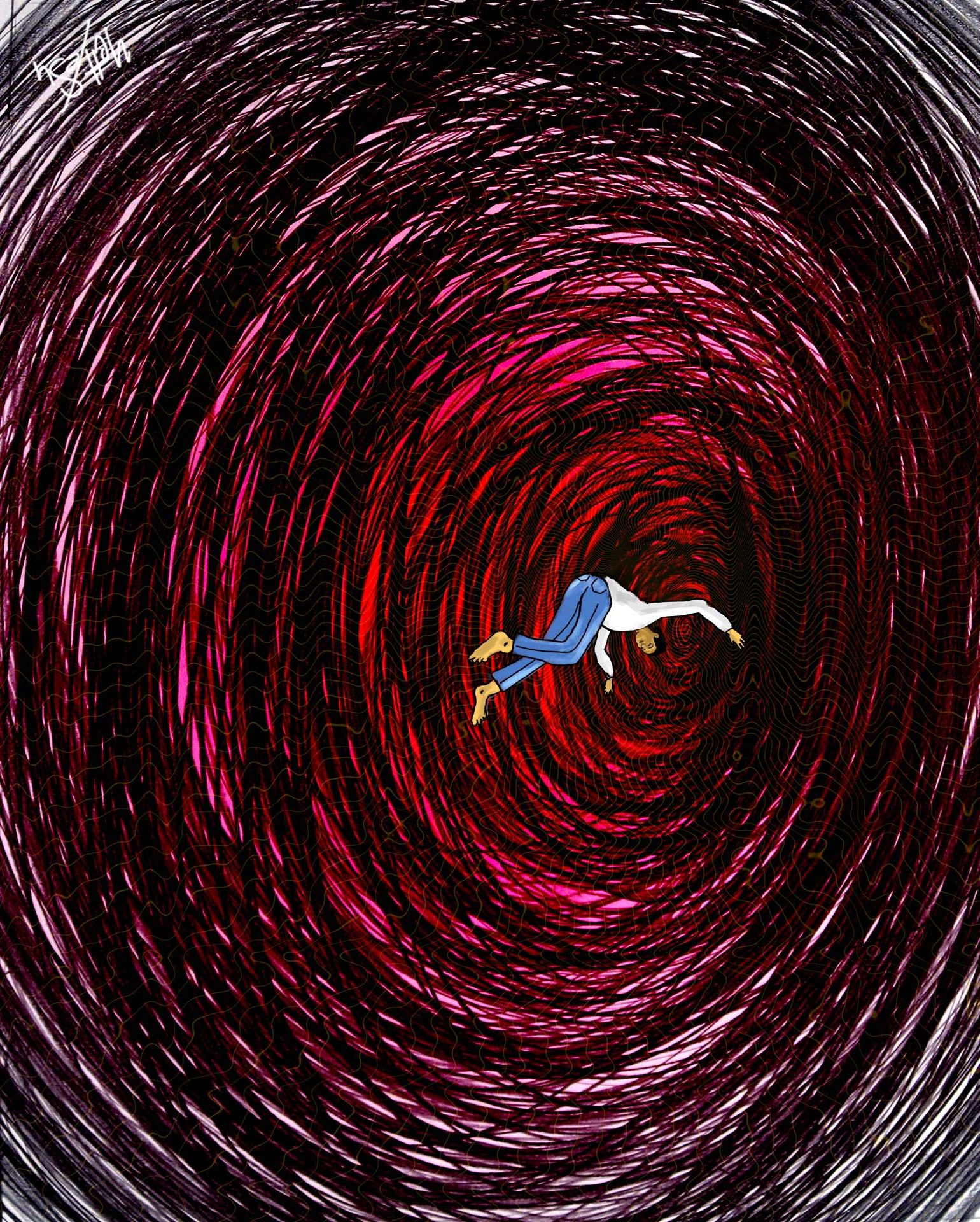© Yettesu / ISHR

RSDL - Chinese lawyers' perspective
In 2012 China amended its Criminal Procedure Law, including a new provision in Article 73 that allowed for a practice called "Residential surveillance at a designated location" (known in short as RSDL). Chinese lawyers share their views on this system.
This provision authorised holding someone in custody – prior to arrest – for up to 6 months in any location or building chosen by the police, without a need to disclose such location, and with very limited due process and possibilities for judicial review.
Would you like to know more about RSDL?
Please check the explanation and analysis of the RSDL system by Chinese lawyers:
– Several questions about ‘Residential Surveillance at a Designated Location’ (RSDL)
– Why do public security organs use Residential Surveillance at a Designated Location’?
